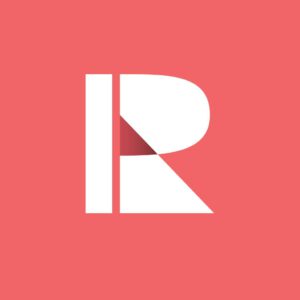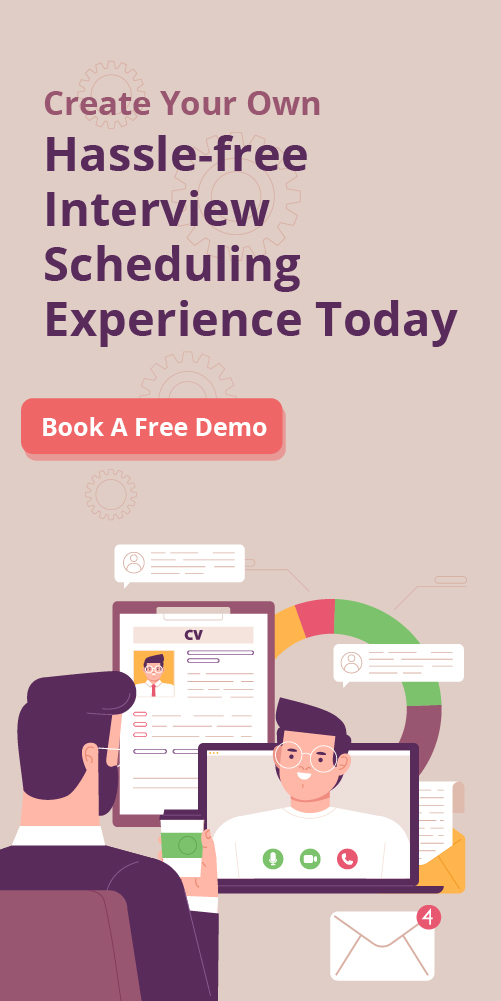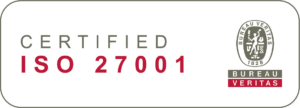In interview schedule arrangements, as recruiters, you must be thorough with every action you take. Specifically, it would help to consider meeting time among the most critical matters in this step. Scheduling at the best time can significantly affect the outcomes of your interviews.
In this blog, Rakuna will share with you the best and the worst time to schedule your interview so that you can gain the best outcomes and enhance the candidate experience.
Why Timing Is Crucial in Interview Schedule Arrangement

Ever wondered why timing is crucial in interview schedule arrangements? It’s all about making the most of every interaction and fostering positive connections with candidates.
Why You Should Get Your Timing Right
- Let’s break it down. First, picking the right time can help dodge that dreaded mental fatigue. Aim for mid-morning meetings when you and the candidate will likely be firing on all cylinders. Listen to your body clock and aim for when you feel sharp and energized.
- Plus, timing plays a significant role in promoting effective communication. Interviews during peak energy times, like mid-morning or mid-week, spark more personal and engaging conversations. This deeper connection can set the stage for a positive relationship with the candidate and increase your chances of finding the perfect fit.
- Last but not least, stopping unconscious bias in its tracks. Interviewers can unintentionally show bias, especially when fatigue kicks in towards the end of the week. By scheduling interviews earlier in the day or week, you’re leveling the playing field and giving every candidate a fair shot.
So, while it might seem like just a scheduling detail, picking the right interview time can make all the difference in finding your next superstar employee.
When Should Professional Recruiters Schedule Interviews?
1. Go for the Middle
Mid-morning Advantage:
Ever pondered the best time to conduct interviews?
Well, research from Indeed (2024) suggests that between 10:00 a.m. and 11:30 p.m. is prime interview time! Why? Because it allows you to prepare for the day ahead and approach the meeting with fresh energy. Plus, you’ll be at your sharpest, enabling you to assess candidates’ performances accurately.
Mid-week Advantage:
Another practical approach is scheduling interviews mid-week. Over 300 Canadian HR managers surveyed found that Tuesday and Wednesday are top contenders. Why mid-week? By this point, you and your team have settled into the week, with stamina and productivity levels peaking.
💡To recap: Recruiters see optimal results when scheduling interviews between 10–11:30 AM on Tuesdays & Wednesdays.
2. Finding the Right Timing:
When it comes to scheduling interviews, timing is everything. According to experts, there are two optimal time frames from the candidate’s perspective, based on a typical 9 to 5 workday.
Firstly, steer clear of “early morning” appointments. Instead, aim for a sweet spot between 10 am and 11 am. This lets both parties start the day right without feeling rushed or groggy.
Alternatively, afternoon interviews between 2 pm and 4 pm are also recommended. By this time, everyone has settled into their day, making it easier to focus on the meeting. Plus, it avoids potential distractions or fatigue associated with pre- or post-lunch slots.
3. Finding Common Ground:
Sometimes, finding the perfect interview time can be a challenge. If you cannot lock in the ideal slot, it’s time to consider compromise. Instead of sticking to your preferred time, why not work together to find a mutually convenient option?
Start by asking the candidate for their availability and sharing your own. By offering a few potential interview slots, you demonstrate your flexibility and consideration for their schedule. This collaborative approach shows respect for their time and streamlines the scheduling process for everyone involved.
Additionally, consider leveraging interview schedule software, such as Rakuna Interview Scheduling, which offers innovative features like candidate self-scheduling. With this tool, candidates can select from available time slots that work best for them, eliminating the back-and-forth of traditional scheduling methods.
💡 Here’s a number for you to go over:
- According to the Candidate Expectations Report 2023 by Cronofy, 40% out of 6500 interviewed candidates now anticipate scheduling an interview within 2 to 6 days after applying, up from 30.5% in 2021 and 33% in 2022.
- And in their 2024 Report, candidates have become more accustomed to extended waiting periods during the interview scheduling process. Specifically, 36% of 12,000 surveyed candidates indicated they would disengage after a one-month delay, an increase of 12% compared to the previous year. Conversely, only 12% would withdraw after a one-week delay, which is less than half the percentage from the prior year. This trend reflects the increasingly challenging job market for candidates.
When is the Worst Time to Schedule an Interview?
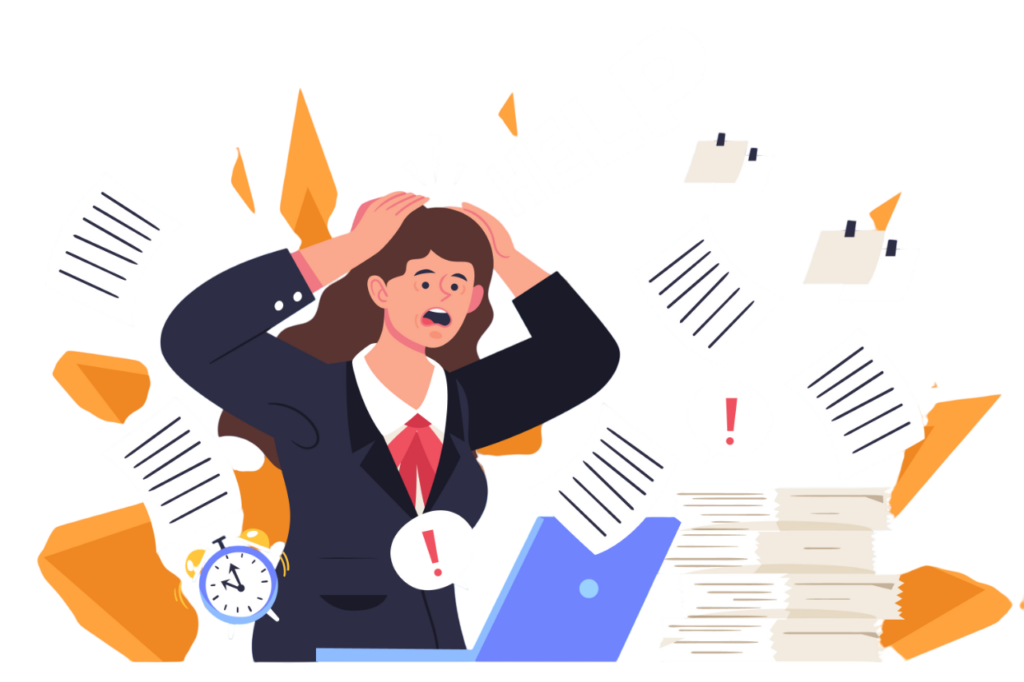
Early in the Morning:
At the beginning of the day, you would want to avoid being pressed for time and rush to the interview. Give yourself and your candidates time to arrive at work and take care of personal stuff before starting.
After 5 pm:
At 5 pm, most of us are close to ending our workday. Interview schedule around that time means the hiring team and candidates must stay late for work, which never sounds appealing. We often get tired after an entire workday as well.
Before and After Weekends and Holidays:
Weekends and holidays are when we spend a long time away from work. Then, we typically spend the following days, especially on Monday mornings, reviewing what was left incomplete the previous week and planning work for the week ahead.
Like Monday morning, you will feel less engaged in your conversation with the candidates as you are preoccupied with preparing for your weekend plans or finalizing whatever you can for the week instead. Such a state will disrupt the progress and interfere with your recollection of your interview.
Pre or Post-lunch Periods:
The thought of meals constantly on your mind around such times will likely be a distraction. Candidates will not appreciate it when you fail to give them your undivided attention when all you can think about is your stomach being empty or full.
Steer Clear of Monday and Friday Rush:
When scheduling interviews, it’s wise to avoid the hustle and bustle of Monday mornings and the winding down of Friday afternoons. Here’s why:
Mondays are typically a flurry of activity for any employee as they gear up for the week ahead and catch up on pending tasks from the weekend. With everyone in full-on planning mode, squeezing in an interview can be a challenge, and the last thing you want is to add to the Monday morning rush.
Similarly, Friday afternoons can be a productivity slump for many. As they wrap up the week’s work and shift their focus towards the weekend, interview schedule during this time may yield less attentive and engaged audiences.
If a Friday interview is unavoidable, opt for earlier, such as in the morning or early afternoon. This way, you’re more likely to catch your interviewers at their freshest and most receptive, ensuring a deeper conversation and a more engaged audience.
But Remember…Don’t Overthink Your Interview Scheduling Timeframe
While it’s helpful to consider optimal interview times, it’s essential not to get too hung up on finding the “perfect” slot. Remember, there’s no one-size-fits-all approach, and accepting interview schedule arrangements outside of the typical timeframes won’t necessarily hinder your chances of finding the right candidate.
💡 So, if a candidate suggests an interview time that falls outside the usual parameters, embrace it!
Don’t let rigid scheduling practices stand in the way of connecting with top talent. After all, the goal is to make the process as smooth and convenient as possible for the candidate.
Ultimately, the most important thing is to prioritize getting talented individuals into the interview room and identifying the best fit for your position. So, keep an open mind, be flexible, and focus on finding the right person for the job—regardless of the interview time.
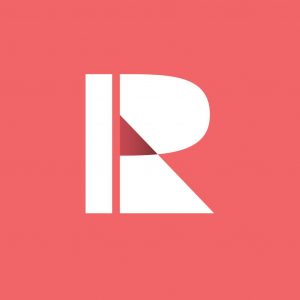
Team Rakuna
The Rakuna Team comprises a diverse group of professionals hailing from various corners of the world.
With a passion to enable organizations to hire their next waves of talents, we are dedicated to help organizations stay updated on important recruiting technology and industry best practices.
